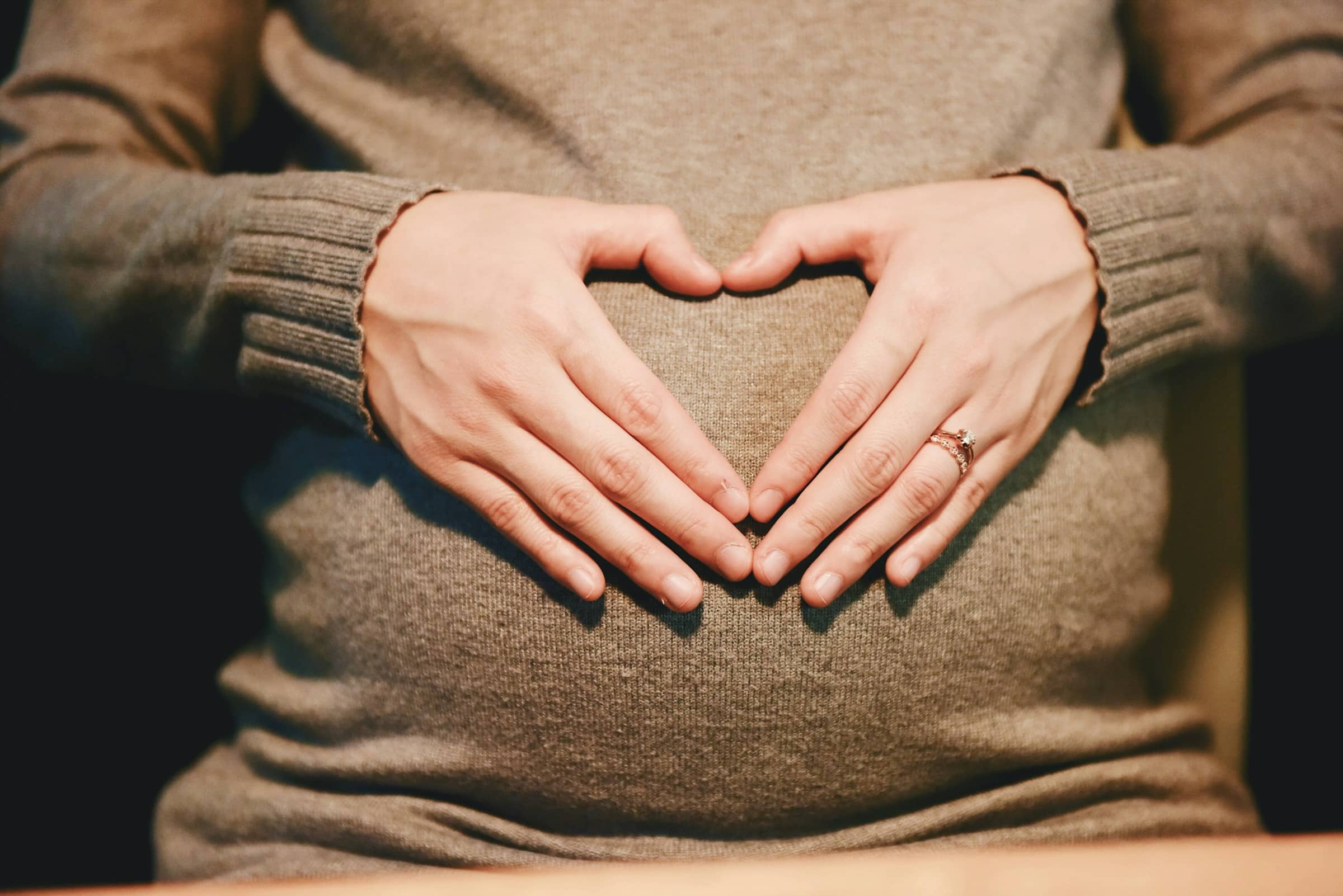The journey of pregnancy brings along a multitude of questions, with one being particularly crucial: What can I eat for the optimal health of my baby and myself? For seafood lovers, the question becomes even more specific: Which types of fish can I safely consume without risking any harm to my baby?
In this article, we will shed light on the subject, focusing on the types of fish that are safe and recommended for pregnant women in the UK to consume. We will also detail the types of seafood that should be avoided during this crucial period. Two main factors will be considered: the levels of mercury and the benefits of oily fish.
En parallèle : What Are the Protocols in the UK for Treating Pregnancy-Related Pelvic Girdle Pain?
Why the Concern About Fish Consumption during Pregnancy?
Specific advice about eating fish during pregnancy might seem perplexing. After all, fish is a highly nutritious food, loaded with vital nutrients such as omega-3 fatty acids, high-quality protein, vitamins, and minerals.
However, certain types of fish contain high levels of mercury, a toxic heavy metal that can harm the developing nervous system of your unborn baby. This is why it’s crucial to know which fish to include in your diet and which ones to hold off on until after your pregnancy and breastfeeding period.
Lire également : How Can UK Pregnant Women Evaluate and Choose the Right Maternity Services?
While this advice is universal, this article will focus on the types of fish commonly available and consumed in the UK.
Safe Fish to Eat During Pregnancy – Low in Mercury, High in Nutrients
Many types of fish are safe to eat in pregnancy, providing important nutrients without the risk of mercury contamination.
Cod, haddock, plaice, coley, and dab – the white fish popular in the UK – are all safe options, as they contain low levels of mercury. These can be included in your weekly diet without any concern.
Oily fish, such as salmon, mackerel, sardines, and trout, are also excellent choices. They are rich in omega-3 fatty acids, which are important for the development of your baby’s brain and eyes. Guidelines suggest that you can safely eat up to two portions of oily fish a week during pregnancy.
Shellfish, such as prawns, lobsters, crabs, and scallops, can also be safely consumed, provided they are thoroughly cooked. Raw shellfish should be avoided due to the risk of food poisoning.
Fish to Avoid During Pregnancy – High in Mercury
While many types of fish are beneficial for pregnant women, some should be avoided due to their high mercury content.
Tuna, for instance, is a fish that pregnant women need to be cautious about. While it’s not necessary to completely eliminate tuna from your diet, it’s recommended to limit its consumption. The Food Standards Agency advises that you should eat no more than four medium-sized cans or two fresh tuna steaks per week.
Other fish high in mercury include shark, swordfish, and marlin. These should be avoided entirely during pregnancy and breastfeeding.
The Importance of Properly Cooked and Prepared Fish
Beyond the type of fish, it’s vital to ensure that the fish you consume is properly cooked and prepared. Raw or undercooked fish may contain harmful bacteria and parasites, which can cause food poisoning.
When cooking fish, ensure that it’s piping hot all the way through and that the flesh is opaque. If you’re eating out, make sure to order your fish well-cooked.
For sushi lovers, it’s vital to note that while sushi is generally safe, it must be made with fish that has been frozen first. This is because freezing kills any parasites in the fish, making it safe to consume.
A Balanced Approach to Fish Consumption
In conclusion, while there are certain precautions to take when consuming fish during pregnancy, the benefits of including fish in your diet cannot be overstated.
Choose fish that are low in mercury and high in nutrients, such as cod, haddock, salmon, and mackerel. Limit your consumption of tuna and avoid fish high in mercury like shark, swordfish, and marlin.
Always ensure your fish is properly cooked and prepared, avoiding raw or undercooked fish.
Remember, a balanced approach to your diet will ensure the best health outcomes for you and your baby.
The Health Benefits of Consuming Fish during Pregnancy
Including fish in your pregnancy diet can have numerous health benefits, both for the mother and the developing baby. For instance, white fish, popular in the UK such as cod, haddock, plaice, coley, and dab, are packed with high-quality protein – a vital nutrient for the growing baby. Protein aids in the development of fetal tissue, including the brain, and increases blood supply, allowing the baby to grow.
Furthermore, these types of fish have low levels of mercury, so pregnant women can safely eat them, allowing them to enjoy the benefits without worrying about mercury contamination.
The star of the show, however, are the oily fish like salmon, mackerel, sardines, and trout. They are brimming with omega-3 fatty acids, essential nutrients that aid in the development of the baby’s brain and eye. These fatty acids cannot be synthesized by our bodies and must be obtained from our diet. Hence, including oily fish in your weekly meals is highly beneficial.
Additionally, oily fish can contribute to the mother’s heart health and potentially help prevent postpartum depression. However, it’s important to note that the consumption of oily fish should be limited to two servings a week during pregnancy. This is due to their slightly higher mercury content compared to white fish.
Are Canned Tuna and Shellfish Safe to Eat?
A common question amongst UK pregnant women revolves around the safety of canned tuna and shellfish.
Canned tuna is safe to eat during pregnancy, but moderation is key. Its mercury levels are lower than those in fresh tuna, but it’s still advisable to limit your intake to no more than four medium-sized cans per week.
As for shellfish, they are a good source of protein and omega-3 fatty acids. Cooked shellfish like prawns, lobsters, crabs, and scallops, can be safely consumed during pregnancy. However, they pose a risk if consumed raw due to potential contamination with harmful bacteria and viruses. Therefore, it’s crucial always to thoroughly cook shellfish before consuming them.
Conclusion: Striking a Balance is Key
In conclusion, eating fish can provide significant health benefits to pregnant women and their developing babies. However, it’s important to be mindful of the type of fish consumed and the preparation methods.
Fishes low in mercury and high in nutrients, such as white and oily fish, are safe and recommended for consumption. Be mindful about the amount of tuna you consume and always ensure shellfish are thoroughly cooked.
Always remember, just like with any other aspect of your diet during pregnancy, the key is to strike a balance. Don’t be afraid of including fish in your diet, but do be aware of your choices. With the correct information at your disposal, you can easily navigate your diet during your pregnancy weeks, ensuring the optimal health of you and your baby.
By adopting a balanced approach to fish consumption, you’ll be providing the vital nutrients needed for your baby’s development and maintaining a healthy diet during your pregnancy week by week.










